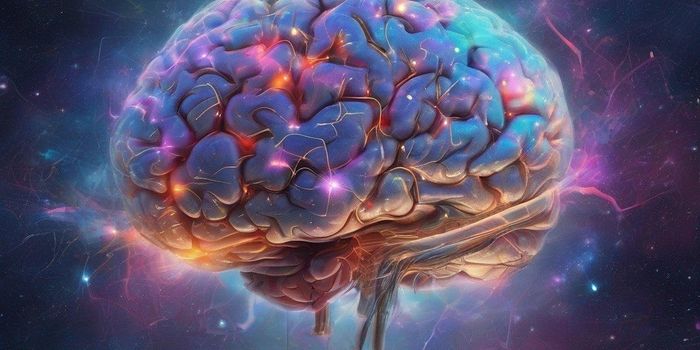
In order to survive and power the human brain for its millions of functions, neurons in the cerebral cortex need a steady supply of food. This food comes in the form of regular amounts of proteins and organelles. There is one route for this supply to the brain and that is the axon. Axons are the transport avenue for the entire nervous system but the delivery of proteins and organelles to the brain is perhaps the most precious cargo.
Axonal transport is the process that gets this cargo to the brain and recent studies show that the disruption of this process is a key factor in many neurodegenerative diseases. Within in the axon there are tiny spindle-like microtubules that run the length of the axon. These pathways are essentially the train tracks used by motor proteins bring the necessary food supply to the neurons in the brain.
In a study published in the December issue of the journal Neuron, researchers demonstrated that axonal transport is disrupted in mice with experimental autoimmune encephalomyelitis (EAE), which is an animal model of the disease Multiple Sclerosis (MS). Researchers were also able to demonstrate that this disruption, while pervasive, was reversible.
Using two-photon microscopy researchers were able to see directly into every layer of the living tissues of the lab animals. They noted that the transport of mitochondria, the food supply for neurons, was significantly slower and paused more often in the EAE mice, even when the axons in the affected mice appeared normal. The team suggested that the disruption was likely due to both the inflammatory process and the demyelination process of EAE, and it's human counterpart, MS.
The study also showed that the transport problems occurred before any signs of abnormalities in the microtubules could be seen. Researchers also noted a difference between the mice with chronic EAE and the acute form. In mice with the acute form, the axonal transport problems sometimes resolved spontaneously and in those that didn't were reversed with anti-inflammatory application or redox scavenging.
The disruption of the axonal transport persisted in the mice with chronic EAE, suggesting that in humans with progressive MS, this disruption could be responsible for the rapid degeneration of nerve tissue and the accompanying decline of muscle function. Researchers stressed that early detection of transport difficulties could prevent the disease from slipping into the devastating degenerative phase and believe that this study will shed light on new approaches to treating the progressive form of MS.
 In order to survive and power the human brain for its millions of functions, neurons in the cerebral cortex need a steady supply of food. This food comes in the form of regular amounts of proteins and organelles. There is one route for this supply to the brain and that is the axon. Axons are the transport avenue for the entire nervous system but the delivery of proteins and organelles to the brain is perhaps the most precious cargo.
In order to survive and power the human brain for its millions of functions, neurons in the cerebral cortex need a steady supply of food. This food comes in the form of regular amounts of proteins and organelles. There is one route for this supply to the brain and that is the axon. Axons are the transport avenue for the entire nervous system but the delivery of proteins and organelles to the brain is perhaps the most precious cargo. 







